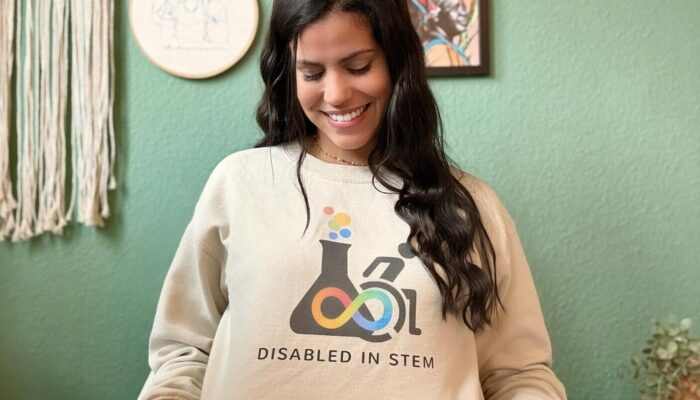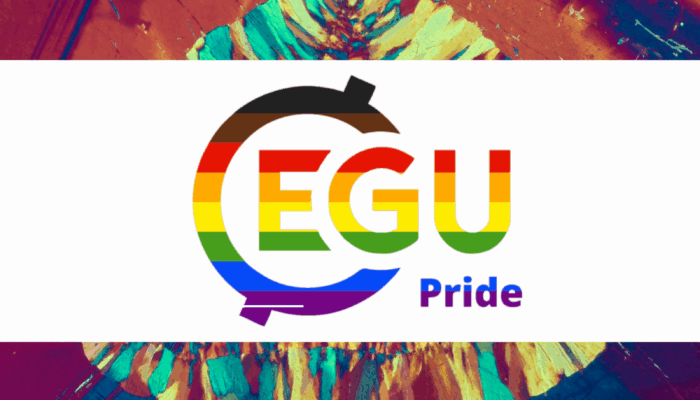The European Geosciences Union hosts a busy digital programme throughout the year, from seminar-style Campfire events with online networking to free, half-day workshops funded by EGU and organised by our volunteer Committees. Sitting between the two are our webinars: free, community-driven events which are presented live with the recording published later on the EGU Youtube channel. Webinars are a ...[Read More]
On hidden disabilities: An Oceanographer’s guide to thriving with autism in STEM
Hi! I am Fernanda Matos, an Oceanographer and autistic! Autism is considered a hidden disability, but it is not at all an easy disability. Unlike popular opinion, I am not like Sheldon from The Big Bang Theory, nor am I like my autistic peers. I am unique and part of a spectrum. When we talk about disability, we’re talking about conditions like autism, blindness, hearing impairment, or a mot ...[Read More]
Your visa guide for the EGU General Assembly 2026: Navigating the Schengen process
Attending the European Geosciences Union (EGU) General Assembly in Vienna is an invaluable experience, where scientists, researchers, and professionals come together from all over the world to share knowledge, expand networks, and strengthen the geosciences community. However, if you’re coming from a non-EU country and require a visa, preparing for your trip may feel overwhelming. As a former visa ...[Read More]
On LGBTQIA+ Challenges and Allyship in STEM
During November, several important dates are recognised, including the International LGBTQIA+ in STEM Day on November 18. This month is also designated as Transgender Awareness Month, culminating in the recognition of Transgender Day of Remembrance yesterday, November 20. In celebration of our LGBTQIA+ community, this blog highlights some of the activities we undertook throughout the last year. Be ...[Read More]




